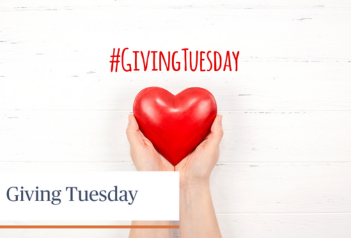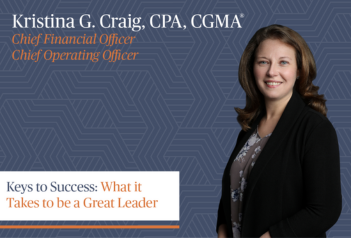Have you ever thought about your money story? Your early interactions with money have a powerful impact on the way you spend and save, but few of us give it much thought. I was in this industry twenty years before anyone asked my money story, and I started to see how those forces were guiding me all along. Whether money makes you happy or anxious, evokes loss or prosperity, your money story is like a filter placed across your financial decisions, and owning that viewpoint can lead to better judgment, less conflict, and a stronger family legacy. The first step in understanding your money story might be realizing that you have one.
What is your first memory of money?
For some of us, childhood memories around money can be painful. A maxed-out credit card, a toy placed back on the shelf. For others, the memory may be one of love, reward, an interaction with a beloved family member. Ask yourself: What does the word “money” mean to you? Does money make you feel protected, or vulnerable? These early attitudes stretch into adulthood and inform whether you invest or give away, focus on the big-picture or small daily interactions. In the money conversation, we all have baggage — and everyone’s baggage is different.
People in the same family can have different money stories.
You probably have a different attitude about money than your parents, children, or spouse. Even siblings raised in the same house wind up with contrasting viewpoints, because of changing finances or roles in the family. Unfortunately, when we come together to make financial decisions, we don’t always appreciate that we’re not speaking the same language. Being able to see another person’s money story can help defuse tension and lead to more productive communication. Talking about money is uncomfortable, but it’s also part of building a strong family legacy. When we avoid talking about money with our children, we don’t give them the tools they need to thrive in the next generation.
How is your money story influencing your decisions?
Understanding your money story starts with paying attention. Next time you consider buying something, ask yourself: Do I need or want this? Will this improve my life? Am I buying this to please myself, or someone else? Or am I refusing to buy something I really want because I’m protecting my assets? Answering these questions help reveal our patterns and can make the difference between mere reaction and wise spending. Controlling your financial future sometimes means taking a look at your past.
Elizabeth Flavin Crawford
Partner | Chief Executive Officer


